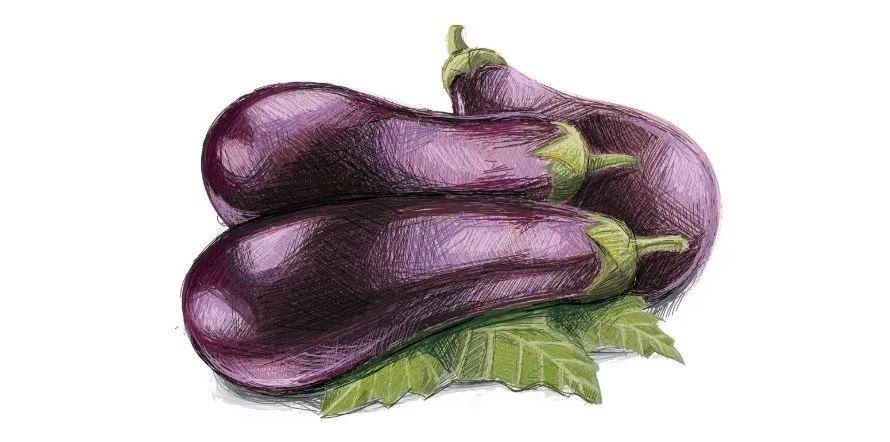How to Eat the "macrobiotic Diet" to Live Longer
Beijing, April 28, 2022 -- In a review article published in the journal Cell, Walter Langer, a professor at the Leonard Davis School of Gerontology at the University of Southern California, and co-author Rozarin Anderson at the University of Wisconsin describe a "macrobiotic diet," It's a multi-pillar approach based on research from all aspects of the diet, including food composition and calorie intake.
By examining a range of findings, from laboratory animal studies to population epidemiology studies, Langer believes scientists are getting a clearer picture of what nutrients lead to longer, healthier lives.
"We explored the links between nutrition, fasting, genetics and longevity in short-lived species and linked these links to clinical and epidemiological studies in primates and humans, including centenarians." "Langer said.
The key features of an optimal diet appear to be moderate to high carbohydrate intake from unrefined sources, a small but sufficient amount of protein from mostly plant-based sources, and enough vegetable fat to provide about 30 percent of energy requirements, the researchers report. Ideally, meals are served throughout the day within an 11-12 hour window, allowing for daily fasting, and a five-day fast every 3-4 months may also help reduce insulin resistance, blood pressure, and other disease risk factors.
Langer describes what a macrobiotic diet looks like in real life: lots of beans, whole grains and vegetables; Some fish; No red or processed meat and very little white meat; Low sugar and refined grains; A certain amount of nuts and olive oil; Some dark chocolate.
Runge says the next step will be a study of 500 people in southern Italy. Macrobiotic diets are both similar and different from the Mediterranean-style diets that are common in super-aging "blue zones" such as Sardinia in Italy, Okinawa in Japan and Loma Linda in California in the United States. These areas are known for having large numbers of people over the age of 100, and the diet is usually mainly plant-based or pescatarian, with relatively low protein content.
A macrobiotic diet should also be tailored to the individual based on gender, age, health and genetic factors, Langer said. For example, people over 65 May need to increase protein to combat weakness and muscle loss, as Runge's own research has shown that higher protein levels are better for those over 65, but not optimal for those under 65.
For people who wish to optimize their diet to live longer, it is important to work with a healthcare provider that specializes in nutrition to develop personalized plans that focus on smaller dietary changes that can be adopted throughout life, rather than big changes that will result in significant losses. Once people give up a very strict diet, body fat and weight regain.







